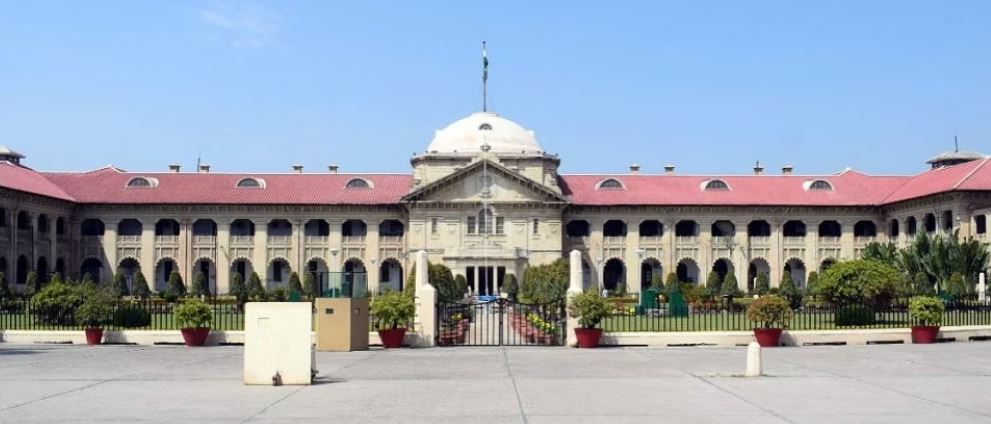The Allahabad High Court has delivered a monumental verdict affirming that the decision to continue or terminate a pregnancy is solely within a woman’s jurisdiction. This landmark ruling emerged from a case involving a 15-year-old rape victim who sought an abortion at 32 weeks of pregnancy.
Court’s Stance on Women’s Autonomy
In a defining moment for reproductive rights, the Allahabad High Court declared that the ultimate decision regarding pregnancy termination rests entirely with the woman involved. The Bench, comprising Justices Shekhar B. Saraf and Manjive Shukla, emphasized that no external authority should dictate this profoundly personal choice.
The Court’s verdict underscores a commitment to bodily autonomy, asserting that a woman’s consent is paramount. This principle was central to their consideration in the case of the young rape victim, who, despite facing severe physical and emotional challenges, was granted agency over her own body.
State’s Role in Ensuring Privacy and Rights
The High Court’s judgment also addressed the state’s responsibilities, particularly regarding the privacy and rights of both the victim and the unborn child. If the decision is made to proceed with the pregnancy and later place the child for adoption, the state is mandated to ensure that these processes are conducted with utmost confidentiality and respect for the child’s constitutional rights.
The Court’s ruling insists that the state must facilitate an efficient and respectful adoption process, safeguarding the “best interests of the child.” This requirement reflects a broader commitment to ensuring that all citizens, regardless of their circumstances, receive their fundamental rights under the Constitution.
Case Background and Legal Considerations
The case originated when a 15-year-old girl, living with her maternal uncle, became pregnant following an alleged rape. The incident led to an FIR under IPC Section 363 (punishment for kidnapping), and subsequent charges of rape under the POCSO Act. Medical examinations revealed that she was 29 weeks pregnant at the time.
Given her age, the Court recognized the statutory nature of the rape charge. Despite the severe physical and psychological implications, the Court faced a complex legal dilemma: whether to permit medical termination of pregnancy at such a late stage, which carries significant risks.
Counseling and Final Decision
The Court deliberated extensively, consulting medical experts and reviewing various Supreme Court judgments on late-term abortions. They considered the potential dangers associated with terminating a pregnancy at 32 weeks, including risks to the victim’s life. Despite the medical advice and the parents’ initial consent for termination, the Court opted for a more conservative approach, counseling the victim and her parents about the associated risks.
Ultimately, the decision to continue with the pregnancy was made after careful consideration of all factors. This decision was informed by a comprehensive evaluation of the victim’s physical and mental health, as well as the legal precedents regarding late-term abortions.
Implications for Reproductive Rights
The Allahabad High Court’s ruling has profound implications for reproductive rights and women’s autonomy in India. By emphasizing the importance of personal choice and the state’s role in protecting fundamental rights, the Court has set a significant precedent in reproductive health jurisprudence.
The decision reaffirms the principle that bodily autonomy must be respected, regardless of external pressures or societal norms. It also highlights the need for a sensitive and supportive approach to reproductive health issues, particularly when they involve minors or victims of violence.
Summary
The Allahabad High Court’s recent ruling asserts that the choice to continue or terminate a pregnancy lies solely with the woman. The judgment also mandates that the state ensure privacy and protect the rights of both the victim and the unborn child. This decision underscores the importance of bodily autonomy and the need for a respectful and efficient adoption process.
Soumya Smruti Sahoo is a seasoned journalist with extensive experience in both international and Indian news writing. With a sharp analytical mind and a dedication to uncovering the truth, Soumya has built a reputation for delivering in-depth, well-researched articles that provide readers with a clear understanding of complex global and domestic issues. Her work reflects a deep commitment to journalistic integrity, making her a trusted source for accurate and insightful news coverage.



